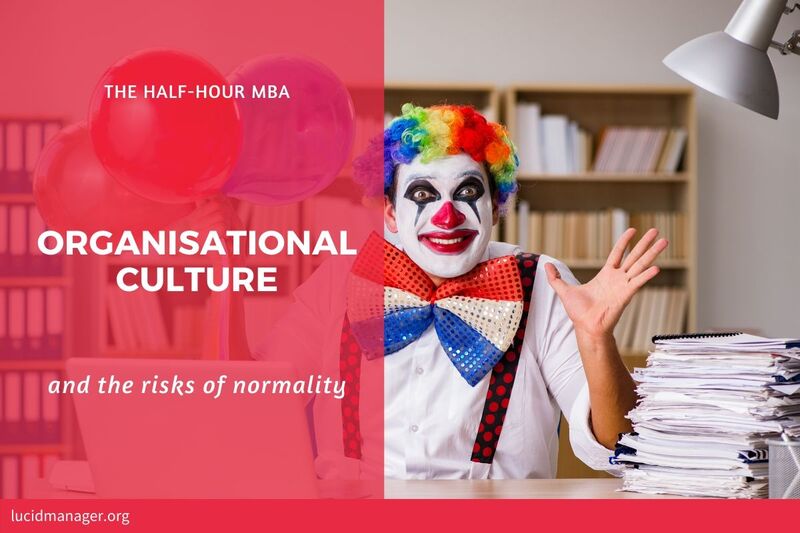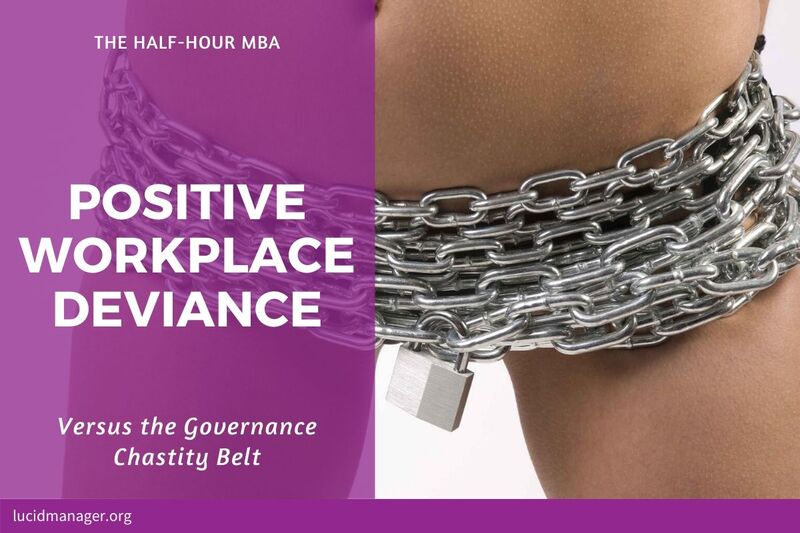
Organisational culture and the risks of normality

Peter Prevos |
354 words | 2 minutes
Share this content
"We need to change our organisational culture!" one of the board members said, "we have too many silos!". Everybody around the table nodded. The secretary noted another action in the board minutes and instructed the CEO to change the culture of the organisation.
Nobody knew what they wanted, all they knew was that something had to change. Because nobody knew what had to change, blaming the culture of the organisation for whatever was going wrong seemed like the best way forward. Not that anyone had any idea what organisational culture is. Judging by some of the inspiring articles in Harvard Business Review it seemed the best way to go.
Soon enough a consultant was hired and the work to transform the organisation began. The management team held meetings and defined a range of new values, based on a concise list of abstract nouns.
Paraphrasing George Bush after the 9/11 attacks: You either are with us and subscribe to these values, or you are an enemy of the organisation. Employees that criticise the new approach become the axis of evil. The consultant even drew a Bell Curve on a whiteboard to visualise that deviance from normality was from now on scorned upon. Thus began the new world order.
forcing normality destroys excellence and innovation
What the consultant didn't realise was that forcing people to normality within strict standard deviations represses spontaneity. The very act of improving culture can destroy sources of excellence and innovation. When organisations force their employees into the same value pattern. When managers no longer accept any deviance, they kill a significant source of improvement and innovation. Cultural programs can become an organisational chastity belt that constricts any creative naughtiness.
Positive deviance to change organisational culture
The link between organisational culture and business performance is strong. nevertheless, both researchers and practitioners struggle to describe what a healthy culture is. A culture of obedience to a norm might be pleasant, but it will lead to organisational mediocrity.
Positive corporate deviance is a necessary condition for innovation and improvement to thrive. Only by nurturing those that think differently are organisations able to become remarkable.
Share this content


